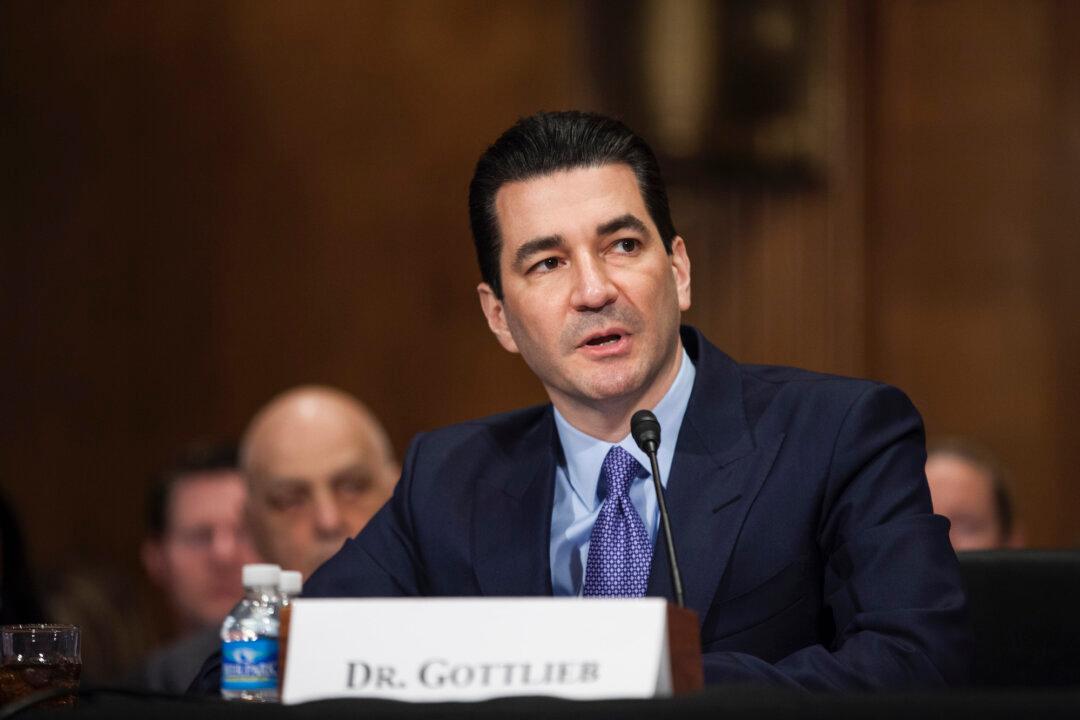Former Food and Drug Administration Commissioner Scott Gottlieb, who is also a Pfizer board member, noted that “natural immunity” gained from a prior COVID-19 infection needs to be included in discussions about virus-related policies and mandates.
“The balance of the evidence demonstrates that natural immunity confers a durable protection,” Gottlieb said during an Aug. 30 interview, referring to a landmark new preprint Israeli study that found that prior COVID-19 infection confers more protection against the virus than any of the vaccines. “It’s fair to conclude that.”





